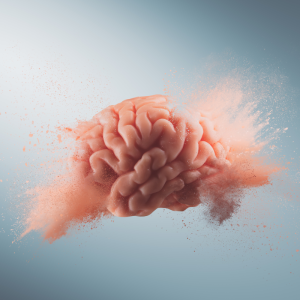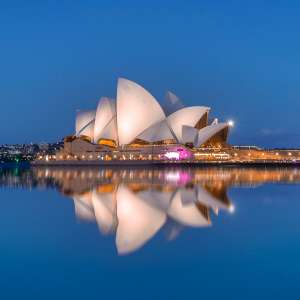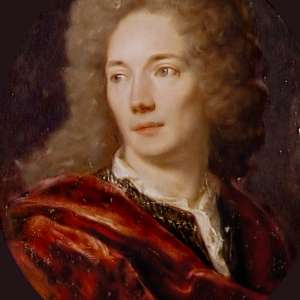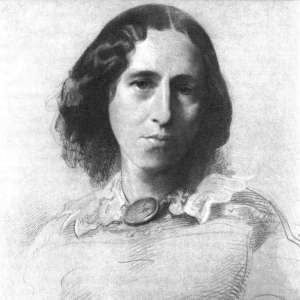
Albert Einstein was born on March 14, 1879, in Ulm, Germany. He was the oldest of two children born to Hermann Einstein, a salesman and engineer, and Pauline Einstein, a housewife. Einstein's childhood was marked by a number of significant events and experiences that would shape his future as a scientist and thinker.
One of the most significant events of Einstein's childhood was his family's move to Munich when he was five years old. The move to Munich exposed Einstein to a more diverse and cosmopolitan environment, and he later credited the city with fostering his love of science and mathematics.

Einstein's early years were also marked by his struggles in school. He was an indifferent student who often struggled with the rigid and authoritarian teaching style of his teachers. He was also known for his rebellious nature and his refusal to conform to the expectations of his teachers and peers. Despite his struggles, Einstein excelled in mathematics and physics, and he later attributed his success in these subjects to his own self-guided study and exploration.
Einstein's teenage years were marked by a number of significant events and experiences that would shape his future as a scientist. He developed a fascination with the work of James Clerk Maxwell and Michael Faraday, and he began to experiment with electricity and magnetism in his spare time. He also developed a strong interest in philosophy, and he later credited the works of Immanuel Kant with helping him to formulate his theory of relativity.
There are a few other key points to consider when discussing Einstein's childhood:
Einstein's family: Einstein was the oldest of two children born to Hermann Einstein, a salesman and engineer, and Pauline Einstein, a housewife. His younger sister, Maja, was born in 1881. Einstein's family was culturally Jewish, but they were not particularly religious and did not observe traditional Jewish practices.

Einstein's health: Einstein was a sickly child and suffered from several medical conditions, including a severe case of hives, which caused him a great deal of discomfort and embarrassment. He also had poor vision and was prone to respiratory infections. Despite these challenges, Einstein remained a curious and inquisitive child who was always eager to learn and explore.
Einstein's education: Einstein's early education was unconventional, and he often struggled with the rigid and authoritarian teaching style of his teachers. He was an indifferent student who often resisted authority and preferred to explore his own interests. Despite his struggles, Einstein excelled in mathematics and physics, and he later attributed his success in these subjects to his own self-guided study and exploration.
Einstein's interests: In addition to his interests in mathematics and physics, Einstein was also a talented musician and played the violin. He enjoyed reading and was particularly interested in philosophy, and he later credited the works of Immanuel Kant with helping him to formulate his theory of relativity.
Overall, Einstein's childhood was marked by a number of significant events and experiences that would shape his future as a scientist and thinker. Despite his struggles in school and his poor health, Einstein remained a curious and inquisitive child who was always eager to learn and explore. These early experiences would lay the foundation for Einstein's later achievements as a scientist and thinker, and his contributions to the fields of physics and mathematics continue to be celebrated and studied to this day.









































